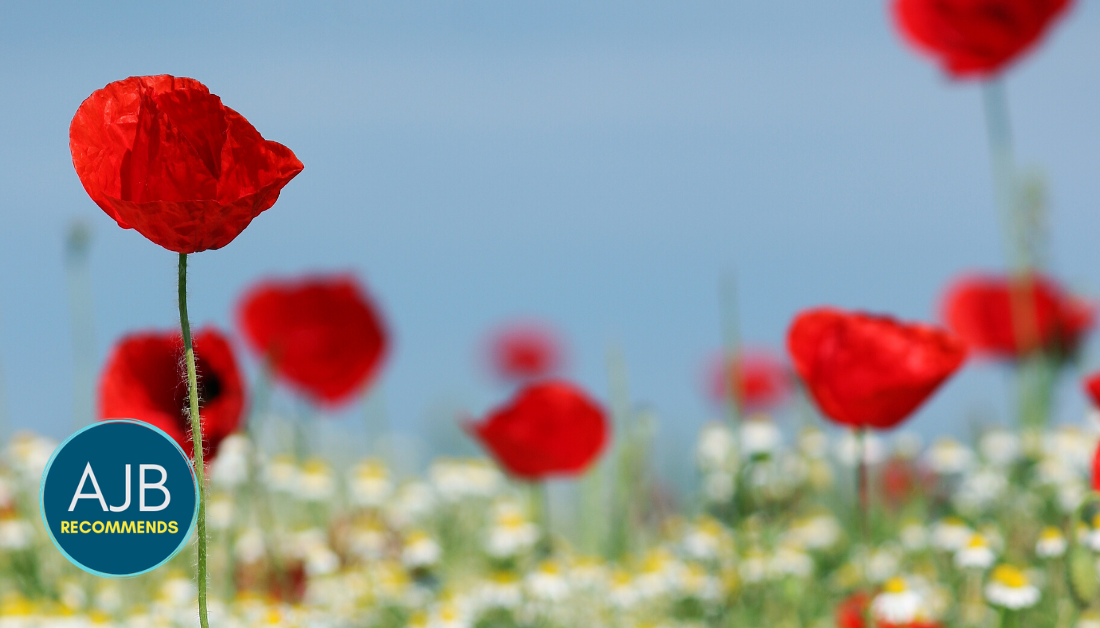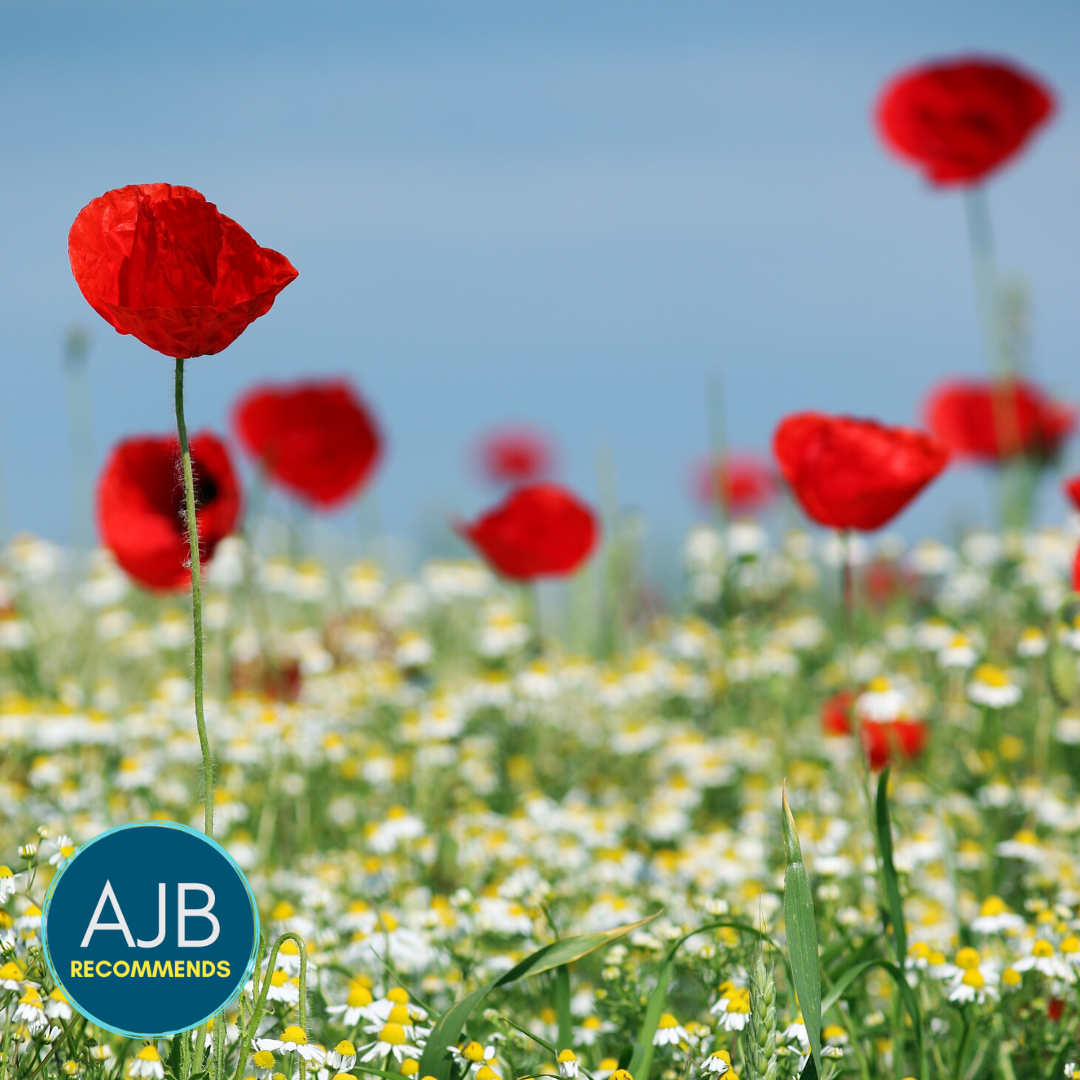
As Americans across the nation gather (or don’t gather, as we are in a time of global pandemic!) to celebrate the 4th of July, many of us are reflecting on the complicated origins of American identity. There’s the idealistic vision of liberty and justice for all within our founding documents that frame our national identity. There’s the brutal reality not only that many Americans were denied both liberty and justice in the past but also that many Americans still experience exclusion from liberty and justice.
This 4th of July, I join many of my fellow white Americans in continuing to learn from amazing people writing and speaking and teaching and offering wisdom on all these topics. I’ve chosen four articles and three podcast episodes that have been helpful to me in the past few weeks as I continue to reckon with our American identity:
ARTICLES:
City Structures
A depiction from The Atlantic of how and why our cities are structured in such a way to divide racial groups from one another: Urban inequality didn’t happen by accident.
Critique of White Fragility
And then there’s this critique of Robin DiAngelo’s White Fragility by Matt Taibbi. As much as I appreciate DiAngelo’s work in naming the problem of white fragility, I also appreciate Taibbi’s work to recognize the danger that comes if we reduce our humanity to our racial identities.
Anti-Racism
And this one from Medium, written back in 2017 but all-too-relevant today, for white people who are starting to learn about anti-racism. The part that struck me most is about how white people can use their racial privilege for good:
When utilized properly, [racial privilege] can do real damage to the White Supremacist system — and it’s a weapon that POC do not have. You have access to people and places we don’t. Your actions against racism carry less risk.
You can ask your office why there are no managers of color and while you might get a dirty look and a little resentment, you probably won’t get fired. You can be the “real Americans” that politicians court. You can talk to fellow white people about why the water in Flint and Standing Rock matters, without being dismissed as someone obsessed with playing “the race card.” You can ask cops why they stopped that black man without getting shot. You can ask a school principal why they only teach black history one month a year and why they pretty much never teach the history of any other minority group in the U.S. You can explain to your white friends and neighbors why their focus on “black on black crime” is inherently racist. You can share articles and books written by people of color with your friends who normally only accept education from people who look like them. You can help ensure that the comfortable all-white enclaves that white people can retreat to when they need a break from “identity politics” are not so comfortable. You can actually persuade, guilt, and annoy your friends into caring about what happens to us. You can make a measurable impact in the fight against racism if you are willing to take on the uncomfortable truths of your privilege.
Social Justice and Marxism
This is a thorough and really helpful response to the critique that Christians shouldn’t participate in “social justice” or “black lives matter” movements because they are Marxist.
PODCAST EPISODES:
Unlocking Us with Brené Brown
I read Austin Channing Brown’s I’m Still Here when it first came out. After listening to her gracious and challenging words in conversation with Brené Brown about anti-racism, I’m inclined to read it again.
The Ezra Klein Show
Did you know that Thomas Jefferson didn’t write the Declaration of Independence alone? That John Adams and Benjamin Franklin, who both opposed slavery, also had major roles in drafting those words connected to our American identity? That’s just one of the helpful pieces of new information I picked up from listening to Danielle Allen talk with Ezra Klein about the “radicalism of the American revolution.”
NPR Fresh Air
And I just love Lin-Manuel Miranda, so I’m going to mention (again), his interview with Terry Gross about the new film production of Hamilton that aired on Disney Plus last night. Another great way to consider our American identity.
To read further with Amy Julia:
- More AJB Recommends
- The Radical Generosity of Lin-Manuel Miranda’s Hamilton
- AJB Recommends: Books, Podcasts, and Films About Racism and Privilege
If you haven’t already, please subscribe to receive regular updates and news. You can also follow me on Facebook, Instagram, and Twitter, and you can subscribe to my Love is Stronger Than Fear podcast and my Reading Small Talk podcast on your favorite podcast platforms.




